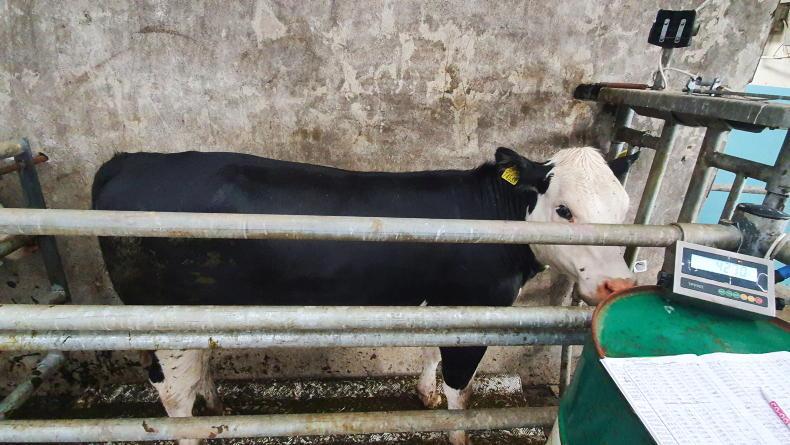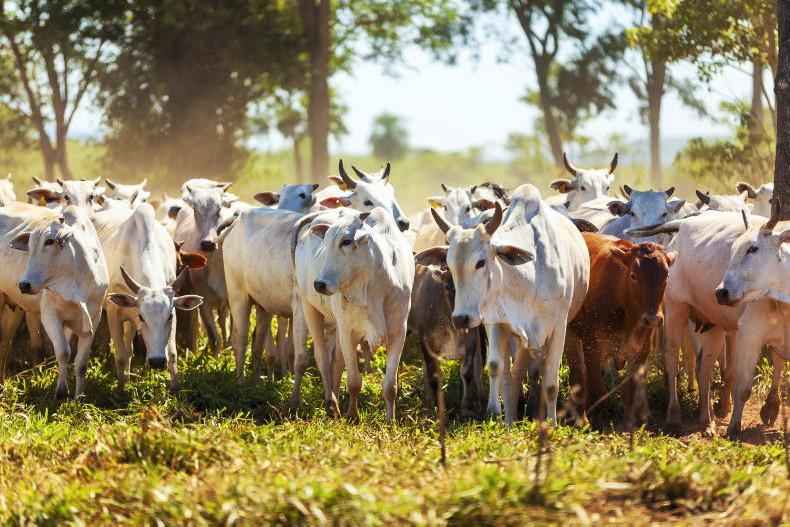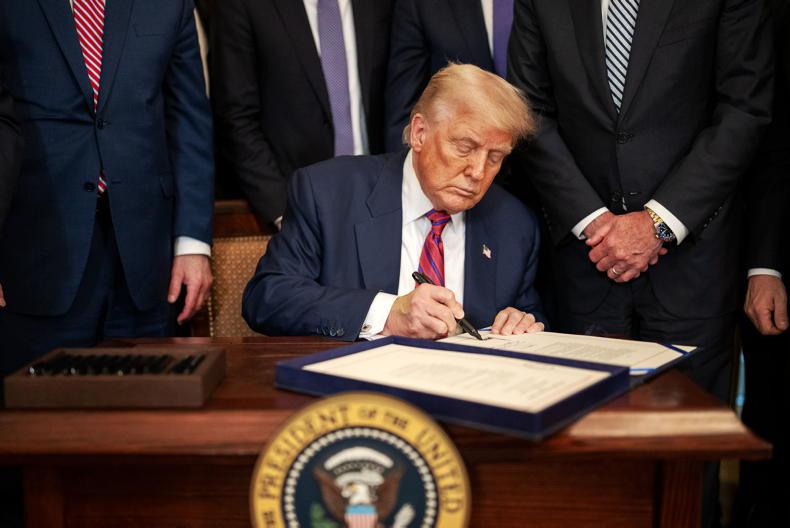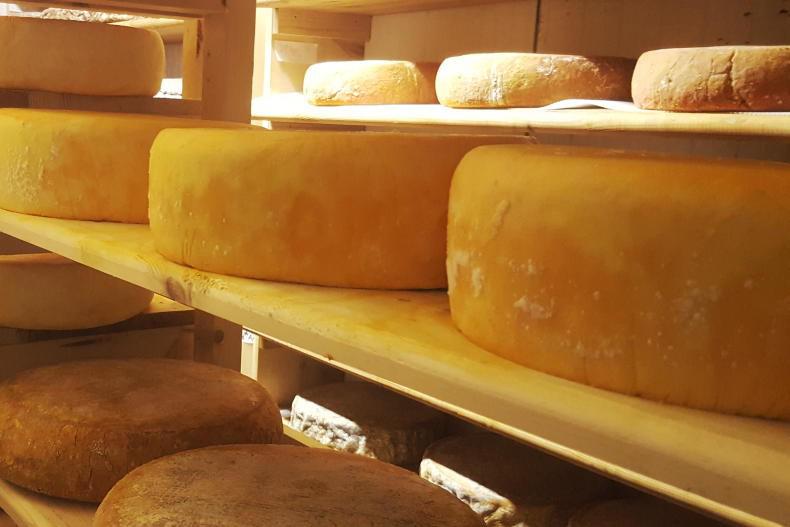The Irish Farmers Journal sat down with Minister for Agriculture, Food and the Marine, Charlie McConalogue during this week’s trade mission to China
Away from China, the Nature Restoration Law is becoming a bigger issue at European level. How concerned are you about the direction it is moving in?
“This is something I have been very alert to at European level since the outset. It is important to us how nature restoration laws are finalised, and that the final position that comes out of Europe reflects the circumstances of Ireland, particularly in relation to peat-based agricultural soils.
“We’re working to achieve an outcome which is proportional and deliverable for farmers, and also takes into consideration the role of food security and food production alongside the important objectives of restoring nature. We have secured amendments at the Council of Ministers level in Europe and I am engaging with MEPs to make sure that the changes we are seeking to achieve at council level can also be achieved at parliament level.
“My absolute commitment is to make sure that any asks that are made of farmers are ones that are entirely voluntary.”
The liming scheme has been hugely oversubscribed – what can you do about that?
“We had €8m allocated in the budget for the scheme and we received €72m worth of applications. I’m working with the team now to support as many farmers as possible.”
So not all?
“There are undoubtedly budget constraints there, we just need to look at how constrained we actually are.”
Is there any extra support planned for the sheep sector?
“Sheep farmers have benefited from ACRES, with any sheep farmer who applied being able to draw down about €5,000 to €6,000 this year. Also, with the new CAP starting, there is a €12/ewe welfare payment plugged in.”
What is the expected outcome for the new tillage group?
“The group had its first meeting the week before last. I am concerned about the risks facing the tillage sector. I want to see the sector continue to grow. I want the group to come to me with ideas to help that growth happen. As of now, there is no restraint on what they can propose.”
What is the timeframe for the rollout of the last few entry points to TAMS?
“We’re phasing the programmes in gradually. The remaining four will be in place by end-May with tillage and young farmers to come first in next few days followed by farm safety and women farmers. All are to be in place by the closing date for tranche 1 on 16 June.”
Is there any update on dribble bars being included in the TAMS LESS entry route?
“Still considering it. I’m getting it reviewed as I want to fully consider new evidence that has been presented. There hasn’t been a decision yet.”
Due to recent trade deals signed by the UK, there is the potential for a large amount of Australian and New Zealand sheepmeat entering that market over the next decade. Is there any way to retain some BAR funding to mitigate the effects of this over the medium to longer term?
“We have been closely monitoring the situation with the UK trade deals. With BAR, we’d like to draw down as much as possible, however, technically it has been difficult due to the way BAR is constructed. We are very open to any suggestions to unlock extra funding.”
Is there any update on the terms of Ireland’s Nitrates Action Programme?
“My team are putting together a plan in terms of engaging with Europe in seeking more time to allow the various steps we are taking to deliver in terms of desired outcomes. We will be seeking flexibilities around the midterm review, but the future of the nitrates derogation absolutely depends on us improving our water quality.”










SHARING OPTIONS